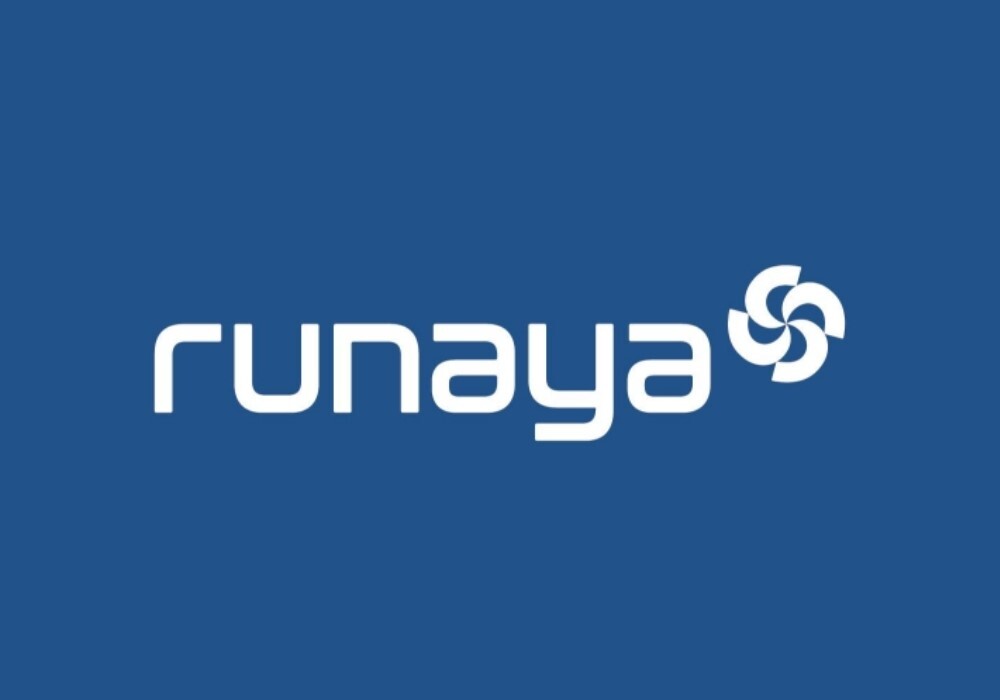

Runaya, a Vedanta Group company renowned for its zero-waste and zero-discharge aluminium processing facility, is moving towards a strategic investment roadmap, indicating a significant shift toward integrated, export-ready, sustainable manufacturing solutions.

Future growth & strategic focus
By 2026, Runaya plans to enter the production of gas-atomised aluminium powder through a partnership with global leader Eckart. The company is also developing new business lines, including ISF, aluminium alloys, and value-added recycling streams, positioning itself to meet evolving global industrial demands.
Over the next 18 months, more than INR 750 crore (USD 90 million) will be invested across critical and minor metals, metal waste recovery, telecom materials, and infrastructure products. These investments will be backed by captive renewable energy and integrated with downstream value-added product lines. Runaya’s metal waste recovery operations focus on extracting a wide range of valuable metals from smelting residues and industrial waste. This includes:
The company also recovers metals from e-waste, aluminium, copper, gold, and palladium, as well as critical materials from battery waste, including lithium and cobalt. Runaya’s diversified metal recovery operations in Rajasthan support mining companies in achieving zero-waste mining by maximising the recovery of precious and semi-precious metals.
These recovered materials are vital to green value chains such as electric vehicles, solar energy, and battery manufacturing. Employing both pyro- and hydrometallurgical processes, the company ensures high-quality outputs while adhering to strict environmental standards.
Runaya’s green aluminium ambition
Driven by policy, investor pressure, and evolving customer expectations, the aluminium industry is moving toward low-carbon solutions. Runaya supports this transition by reducing reliance on virgin aluminium and enabling lower-emission supply chains. Its approach combines circularity with scalability, delivering profitable growth while advancing clean and sustainable manufacturing goals.
Runaya’s low-carbon aluminium dross recovery process delivers up to 90 per cent metal recovery while maintaining the world’s lowest carbon footprint in its category.
The aluminium recovery business is scaling its capacity from 100,000 tonnes to 1 million tonnes over the next five years. Runaya supplies sustainably recovered aluminium that meets industry-grade standards, making it suitable for high-strength applications in sectors like automotive and aerospace. Through its advanced recycling processes, the company directly contributes to India’s resource efficiency goals and reduces reliance on virgin aluminium.
Runaya has remained profitable since its inception, consistently maintaining EBITDA margins of 30 per cent. By rigorously assessing key metrics like IRR, revenue potential, and market growth, the company has established itself as a leader in the circular economy. In FY24, it recorded INR 500 crore (USD 60 million) in revenue and, with a growing portfolio of new business ventures, aims to reach INR 2,500 crore (USD 300 million) in revenue by FY28.
Image Source: Runaya website
Responses








